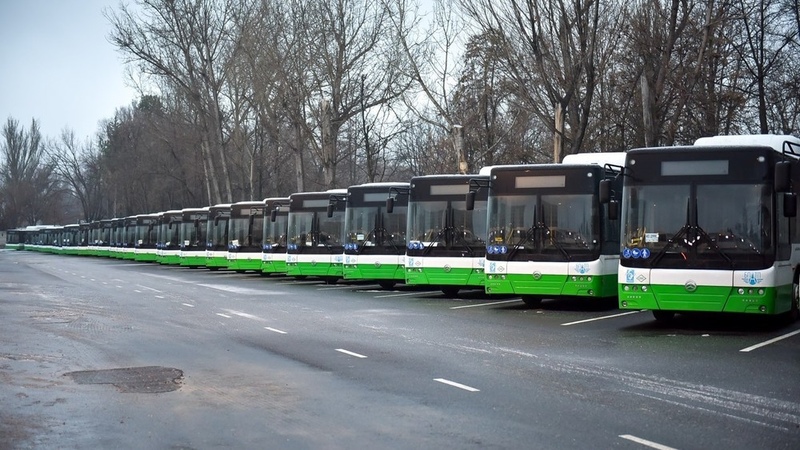Bishkek is making significant strides towards sustainability with the introduction of eco-friendly buses, drastically reducing the city’s reliance on diesel fuel. These new buses are set to decrease diesel consumption by an impressive 100 tons per day, marking a substantial step forward in the city’s efforts to improve air quality and reduce its carbon footprint.
Transition to Eco-Friendly Transport
The city’s initiative to incorporate eco-friendly buses into its public transport system is a testament to Bishkek’s commitment to environmental conservation. These buses are powered by alternative energy sources, significantly cutting down on the emissions typically associated with diesel engines.
Environmental Impact
By reducing diesel fuel usage by 100 tons daily, Bishkek not only lowers its greenhouse gas emissions but also addresses the pressing issue of air pollution. This initiative contributes to a cleaner, healthier environment for residents, aligning with global efforts to combat climate change.
Economic and Health Benefits
The transition to eco-friendly buses is expected to bring several economic benefits, including reduced fuel costs and maintenance expenses. Additionally, the improvement in air quality will have positive health impacts, potentially reducing respiratory issues and other pollution-related health problems among the population.
Future Prospects
This move is part of a broader strategy to modernize Bishkek’s public transport infrastructure. The city plans to continue investing in sustainable transport solutions, aiming to further decrease environmental pollution and enhance the quality of life for its residents.

